This episode of Deep Learning Dialogues explores how AI can empower young changemakers to address global sustainability challenges through the UN Sustainable Development Goals framework. Dr. Henrik von Wehrden and Jorge Gustavo Rodrigues Aboytes from Leuphana University share research showing that AI applications favour technical SDGs over social justice goals, creating important gaps in how technology addresses global challenges. The conversation emphasises K-12 students' natural capacity for systems thinking and advocates for using the SDGs as an interdisciplinary learning framework whilst positioning AI as both a powerful educational tool and an object of critical analysis. Key themes include teaching students to critically evaluate AI outputs and consider ethical implications—principles that align with WCDSB's emphasis on transparency, accountability, and human-centred approaches to AI in education.
Episode Links:
-Article "Artificial intelligence in sustainable development research"
-Sustainability Methods Website
-Leuphana Sustainable University
Henrik von Wehrden is the dean of the faculty of sustainability at Leuphana and member of the methods center. His work focuses on applying methods in a new context to create novel knowledge. His research spans across many spatial scales and groups of organisms, as well as explored the normative dimensions of methodological research.
Jorge Gustavo Rodrigues Aboytes holds an interdisciplinary background with degrees in chemical engineering, environmental sciences, and a PhD in Sustainability Science. After working as a consultant in the Mexican textile-fashion sector and enhancing his technical skills through WBS Coding School, he now serves as a Research Associate at the Center of Methods at Leuphana University of Lüneburg. His current focus is on analyzing data to provide solutions regarding sustainability impacts of supply chains, transitions toward sustainable models, and life-cycle assessment of products and services.
Want to know more?
You can check out our: WCDSB GenAI Guidelines, infographics, and Innovation website: https://innovate.wcdsb.ca/
Feedback? You can ask your questions or give us feedback on the show here
Want to get in touch? Contact Katrina & Whitney by email at: katrina.gouett@wcdsb.ca and whitney.mckinley@wcdsb.ca or on LinkedIn
Hosted on Acast. See acast.com/privacy for more information.
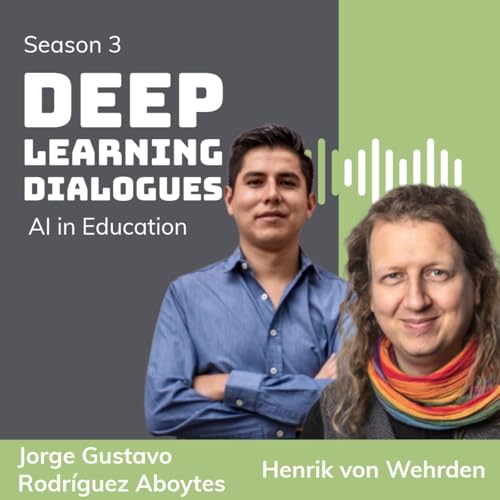 54 min
54 min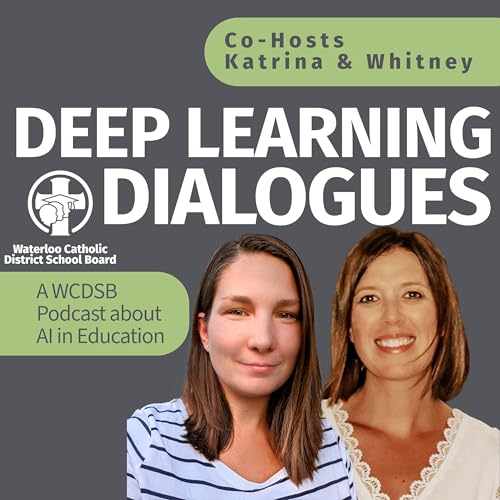 Sep 10 20253 min
Sep 10 20253 min 25 min
25 min 43 min
43 min Jun 19 202546 min
Jun 19 202546 min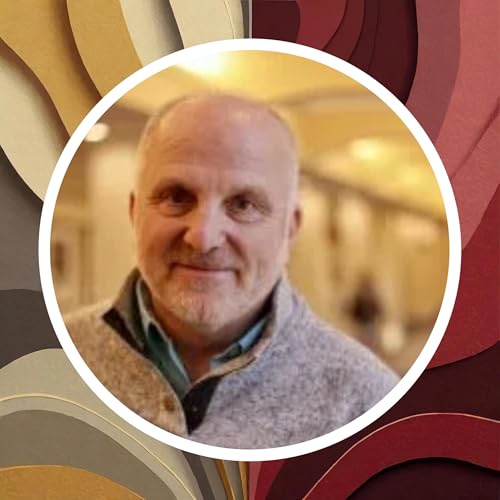 52 min
52 min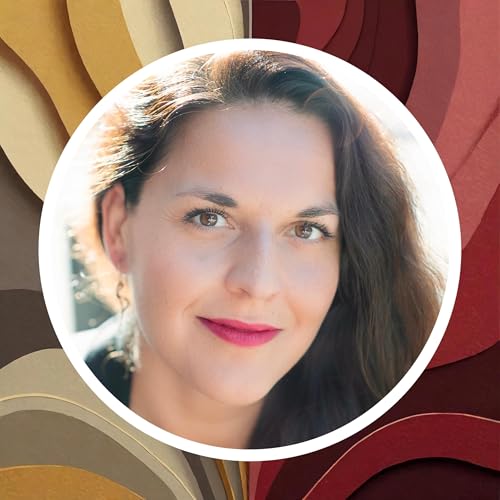 52 min
52 min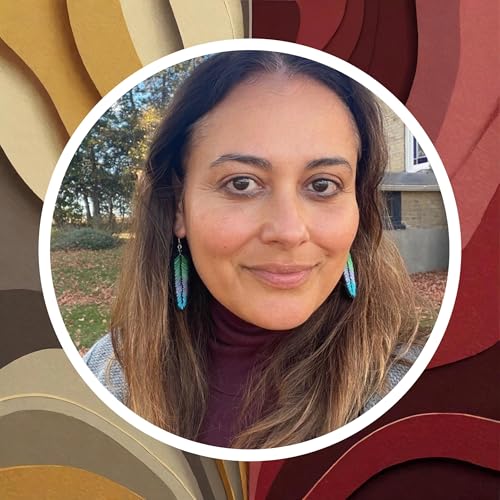 43 min
43 min
